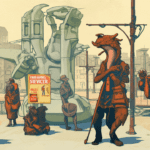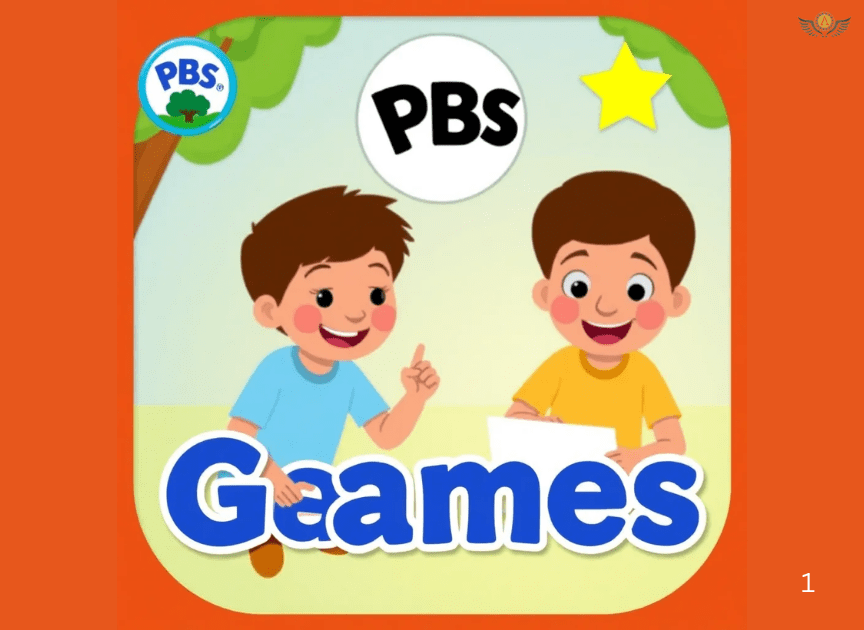PBS Kids Games offers a diverse and engaging collection of interactive games designed to educate and entertain young minds. Aligned with PBS’s commitment to providing high-quality educational content, these games combine learning with fun, making them a favorite among kids and parents alike. This article explores PBS Kids Games, their features, benefits, and the impact they have on early childhood development.
Table: Popular PBS Kids Games and Their Learning Focus
| Game Title | Featured Show/Character | Learning Focus | Platform Availability |
|---|---|---|---|
| Arthur’s Math Adventure | Arthur | Math and Problem Solving | Web, Mobile |
| Super Why ABC Adventures | Super Why! | Reading and Literacy | Web, Mobile |
| Curious George: Zoo Party | Curious George | Counting and Patterns | Web |
| Wild Kratts Creature Power | Wild Kratts | Science and Animals | Web, Mobile |
| Elinor Wonders Why: Explore Outdoors | Elinor Wonders Why | Nature and Observation | Web |
| Daniel Tiger’s Neighborhood Games | Daniel Tiger | Social Skills and Emotions | Web, Mobile |
What Makes PBS Kids Games Special?

PBS Kids Games are not just ordinary games; they’re crafted with care to ensure that learning remains at the forefront of the experience. Here are some standout features that set them apart:
- Educational Value:
Each game is designed to teach fundamental skills like reading, math, problem-solving, and social-emotional learning. For example, Super Why ABC Adventures focuses on building literacy, while Wild Kratts Creature Power dives into the wonders of wildlife and science. - Beloved Characters:
The games feature iconic characters from PBS Kids shows, including Arthur, Daniel Tiger, and Curious George. This familiarity helps engage children and makes the learning experience enjoyable. - Age-Appropriate Design:
The games cater to children aged 2–8, with simple interfaces and engaging visuals to ensure they’re easy to navigate and captivating. - Multiplatform Accessibility:
PBS Kids Games are available on multiple platforms, including web browsers and mobile apps, ensuring that kids can learn on the go or at home.
Notable Benefits of PBS Kids Games
 PBS Kids Games are more than just fun; they contribute significantly to early childhood development. Here’s how:
PBS Kids Games are more than just fun; they contribute significantly to early childhood development. Here’s how:
- Boosts Cognitive Skills:
Games like Curious George: Zoo Party enhance skills like counting, memory, and pattern recognition. - Encourages Creativity and Curiosity:
Titles like Elinor Wonders Why: Explore Outdoors inspire children to observe and explore the natural world, fostering a lifelong love for learning. - Develops Social-Emotional Skills:
Through games featuring Daniel Tiger, kids learn valuable lessons about empathy, kindness, and managing emotions. - Supports Academic Growth:
Literacy games like Super Why and math-focused titles like Arthur’s Math Adventure complement school curricula and reinforce classroom learning. - Promotes Screen Time with Purpose:
Unlike traditional video games, PBS Kids Games provide meaningful screen time, blending entertainment with education.
Top PBS Kids Games to Try

- Wild Kratts Creature Power: Dive into the world of animals with the Wild Kratts and learn about habitats, behaviors, and conservation.
- Super Why ABC Adventures: Help kids master their ABCs and develop strong reading skills through interactive challenges.
- Arthur’s Math Adventure: Make math fun with Arthur and his friends, solving puzzles and completing missions that teach basic arithmetic.
- Daniel Tiger’s Neighborhood Games: Build emotional intelligence and learn social skills with Daniel Tiger in a vibrant, animated world.
PBS Kids Games and Parental Involvement

One of the greatest advantages of PBS Kids Games is their ability to involve parents in the learning journey. Many games include features like progress tracking and activities that encourage co-play, helping parents stay connected with their child’s educational milestones.
Additionally, PBS Kids provides resources for parents, including activity guides and recommendations for offline learning. This ensures a holistic approach to development that extends beyond the digital space.
Conclusion
PBS Kids Games exemplifies the ideal blend of education and entertainment, fostering essential skills in children while keeping them engaged. With a focus on academic growth, creativity, and emotional intelligence, these games have become a trusted tool for parents and educators alike. As technology continues to shape learning, PBS Kids remains a leader in delivering meaningful, age-appropriate content that inspires and educates the next generation.
FAQs About PBS Kids Games
1. What are PBS Kids Games?
PBS Kids Games are educational digital games designed for children aged 2–8, featuring beloved characters from PBS Kids shows to teach subjects like math, reading, and science.
2. Are PBS Kids Games free?
Yes, many PBS Kids Games are free to play online or through the PBS Kids mobile app. Some features may require an internet connection.
3. What are the most popular PBS Kids Games?
Popular titles include Wild Kratts Creature Power, Super Why ABC Adventures, and Daniel Tiger’s Neighborhood Games.
4. Can PBS Kids Games be played offline?
Yes, the PBS Kids Games app allows for offline play, ensuring kids can continue learning even without internet access.
5. How do PBS Kids Games help in learning?
These games are designed with educational experts to support early childhood development, focusing on skills like literacy, numeracy, social-emotional learning, and problem-solving.








